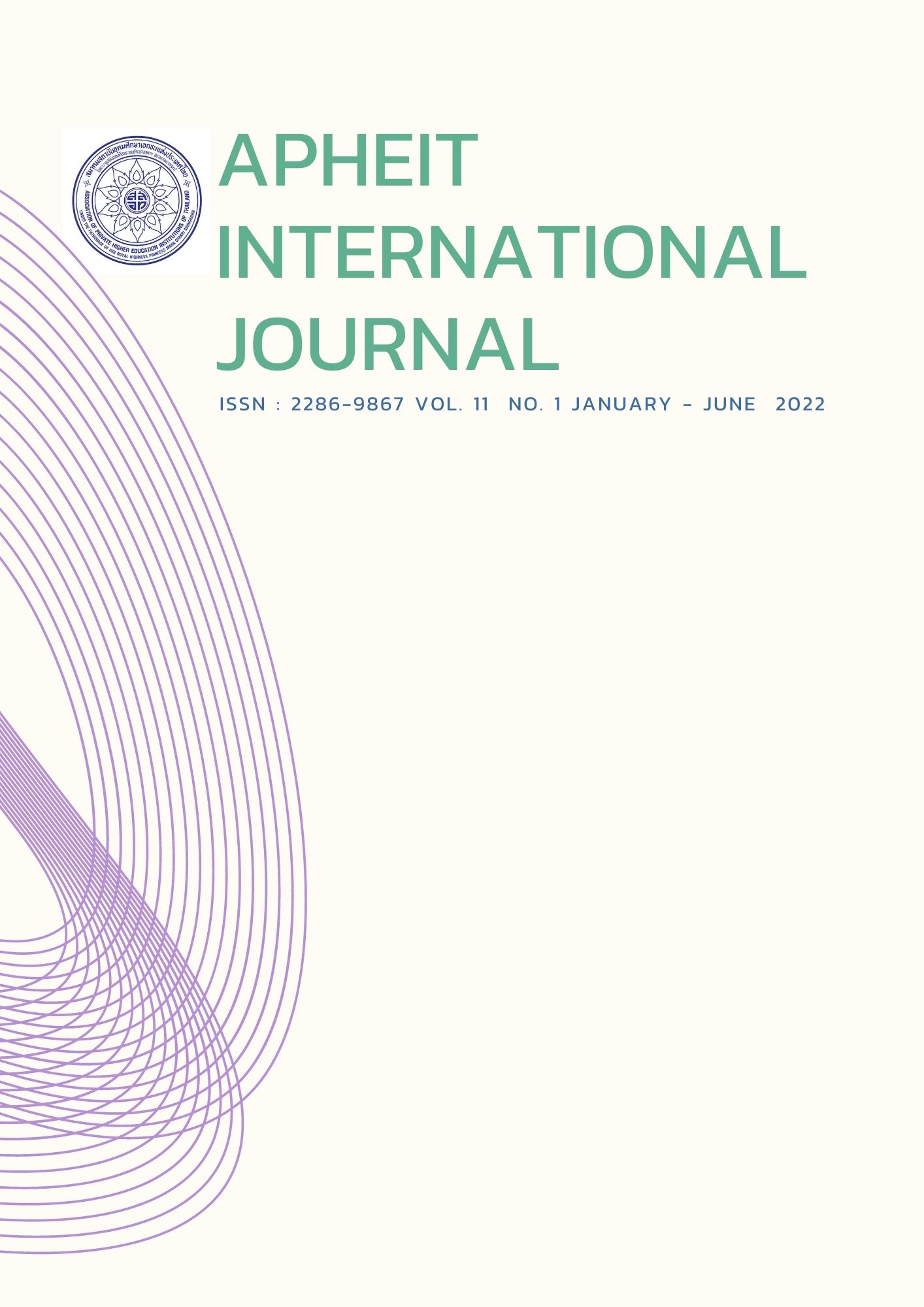Health Program for NCD Patient Self-Care in Urban Community Bangkok, THAILAND
Keywords:
Health program (H program), healthy eating, physical activity, recreation, urban communityAbstract
Health behavior may predict health and disease in non-communicable (NCD) patients. The objective of this study was to explore the effects of Health (H) Program among NCD patients in urban community of Bangkok, Thailand. In this experimental study, NCD patients from one of the urban communities were randomly assigned to the intervention group (n = 22) and the control group (n = 23). The intervention group received H program which consisted of giving education for healthy eating, tailored exercise and recreation guide for 8 weeks. Using descriptive statistics, the personal data were analyzed, and t- test was applied. The findings showed the general characteristics of 45 participants. The majority of them were women, the mean ages of the participants in the intervention group were 65.1 years and 65.2 years in the control group. An 8-week H program employing the frequencies of exercise for 3-4 days, recreation for 5-7 days a week in the intervention group for health promotion was statistically higher than the control group. Thus, the H program may be one of the effective methods of health promoting adherence to home visit of NCD patient self-care for healthy eating, exercise, and recreation.





